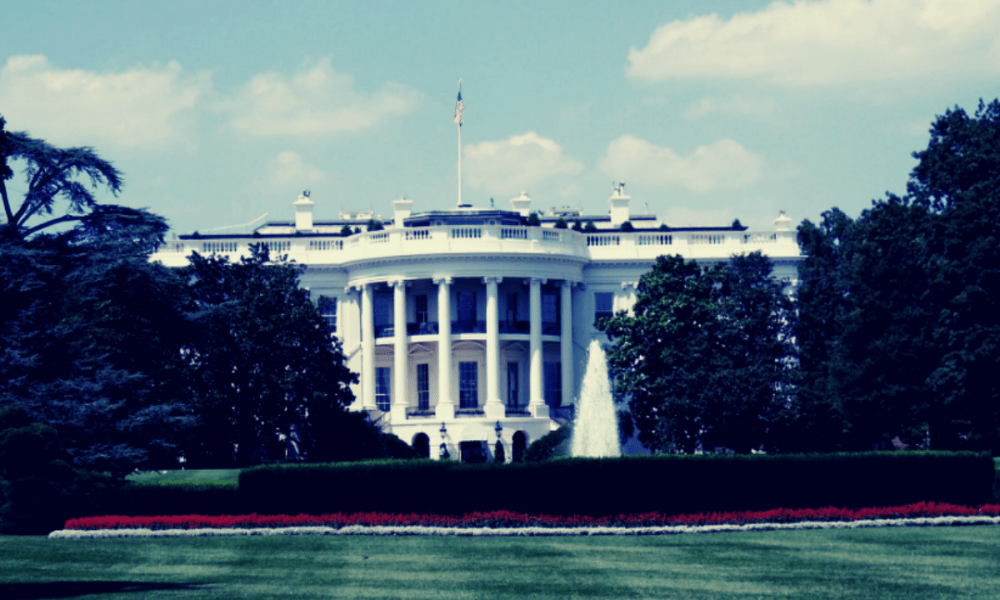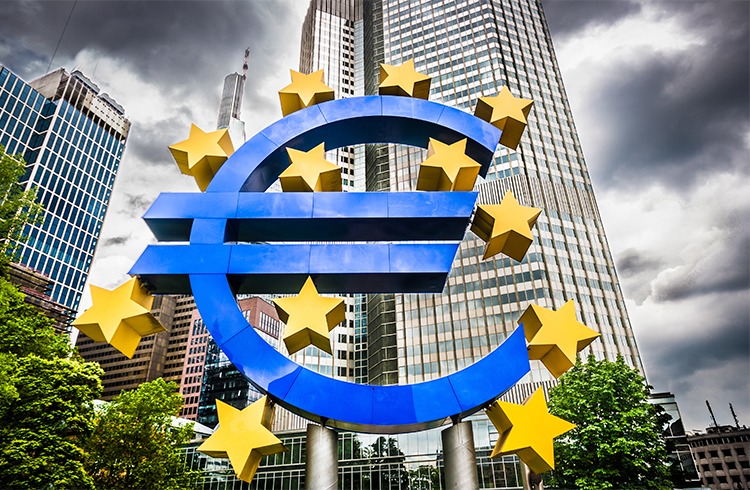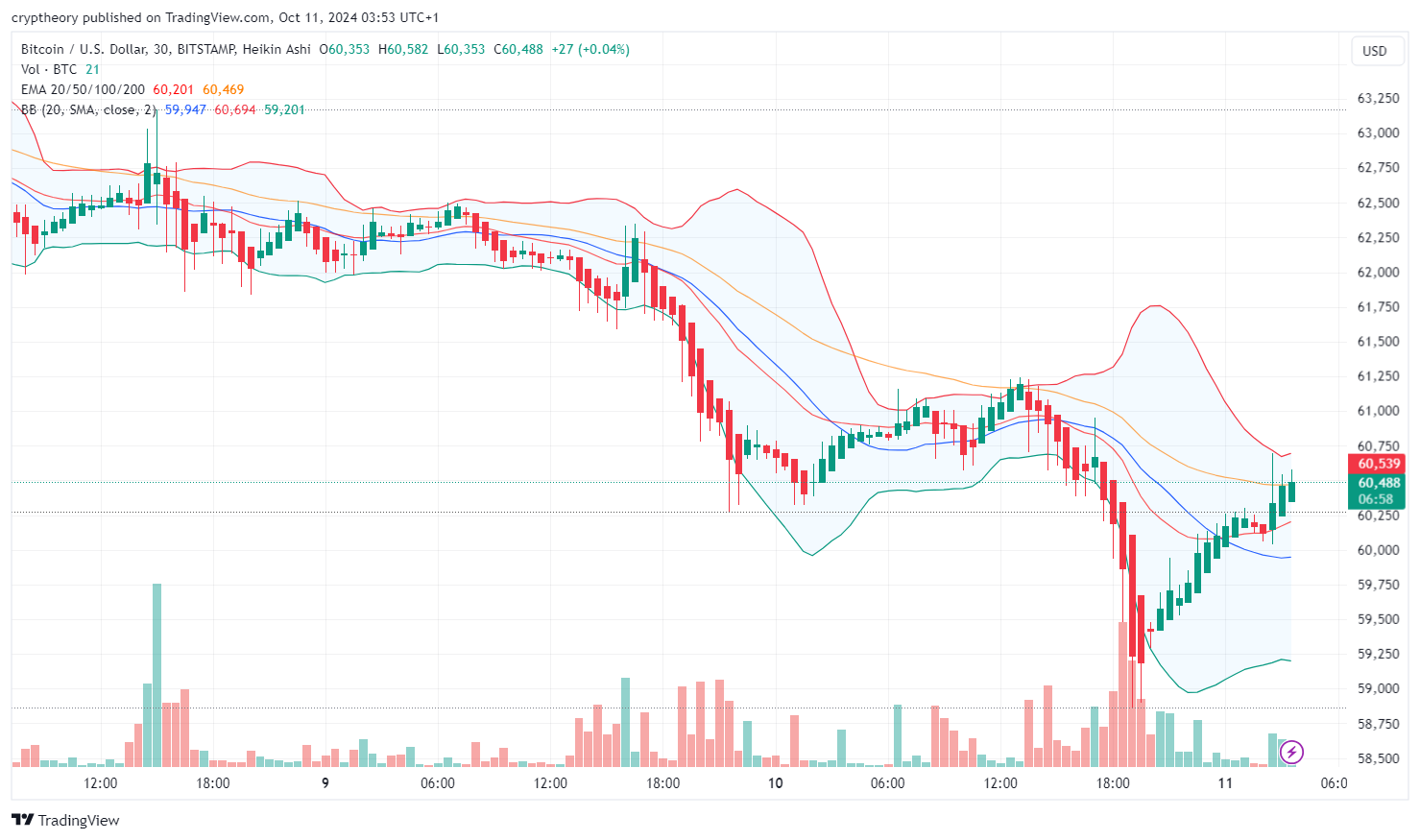Table of Contents
Crypto initiative positions itself against the EU’s regulatory course
Representatives of the European crypto industry started writing an open letter to EU politicians last week. On the one hand, the background is the planned European crypto regulations MiCA and especially the Transfer of Funds Regulation that could mean a ban on so-called “unhosted wallets” and thus also on DeFi applications. “The damage from hasty attempts at regulation could not be greater,” the letter said. The authors also state that the planned obligation to disclose transaction data massively restricts the right to privacy and data sovereignty. On the other hand, they emphasize the advantages of BTC and Co. Incidentally, it is not yet too late for such attempts at intervention by interest groups. Because both MiCA and the transfer of funds regulation still have to go through the trialogue of the EU Commission, Parliament and Council.
US financial industry wants BTC Spot ETFs
The BTC Spot ETF is the holy grail of crypto-based exchange products. But the US Securities and Exchange Commission SEC and their boss Gary Gensler have so far without exception refused to grant such funds, which are directly linked to the BTC price. Instead, only ETFs linked to BTC Futures, which are only indirectly linked to the key crypto currency, are permitted in the United States. A survey by the New York Stock Exchange shows that the demand for spot ETFs is not abating Nasdaq from April 11th. Of the 500 financial advisors surveyed, a full 72 percent named Spot ETFS as the means of choice for investments in BTC and Co. The respondents manage assets worth 26 trillion US dollars. They indicated that the crypto share in the portfolio should ideally be around 6 percent. How the survey will affect the SEC remains to be seen. A number of applications for BTC Spot ETFs are still pending.
Republicans and Democrats jointly draft BTC law
Aside from the SEC, there is a squad of decision-makers in the USA who are committed to crypto-friendliness. This was proven by the BTC 2022 conference, which took place in Miami from April 6th to 9th with the participation of politicians. It became apparent that not only market-savvy Republicans, but also Democrats are becoming increasingly enthusiastic about cryptocurrencies. For example, Republican Senator Cynthia Lummis, known as a big BTC fan, is working with Democrat Kirsten Gillibrandt on a bill for the crypto space. In the course of the conference, Lummis reported on the status of the so-called Responsible Financial Innovation Act. The law is said to contribute to both consumer protection and privacy protection, while encouraging innovation in the crypto space. According to Lummis, the draft also includes a component for taxing digital assets. In the CBDC debate, on the other hand, Lummis advocates – in Republican style – for a private stablecoin and against a state digital currency.
Study reveals role of CBDCs in financial inclusion
Contrary to Senator Lummis’ ideas, central banks around the world are sticking to their plans to introduce a CBDC. The Bank for International Settlements published this on April 12th a study, which examines the impact of central bank digital currencies on inclusion in the banking system. The basis is formed, among other things, by interviews with representatives of nine central beacons from the second half of 2021. Two different positions on CBDCs can be read from these. Some of those surveyed see central bank digital currencies as a key tool in expanding access to digital payment infrastructures. Others, however, viewed a CBDC more as one element among many in the drive towards greater financial inclusion. It should be noted here that the entry barriers to the banking system in the countries surveyed vary greatly. The central beacons of China, Canada, Ukraine and the Bahamas were involved in the study.
Chinese associations warn against NFTs
Unlike CBDCs, the Middle Kingdom is pursuing a highly restrictive course when it comes to decentralized crypto products. After BTC was already under attack, the Chinese Banking Association, the Association for Finance and Internet and the Chinese Securities Association formulated a statement on April 13th joint statement on NFTs. In it, they warn of the risks associated with investing in such tokens. In particular, the three associations demand that NFTs should not reflect any securities or insurance companies. In addition, cryptocurrencies such as BTC and Ether should not be used for NFT purchases. NFT exchanges are called upon to conduct strict identity checks on their customers. At the moment, however, it seems unlikely that these demands are the prelude to a general NFT ban in China. At least according to their own statements, the associations only call on consumers to maintain “correct consumption concepts”.






















